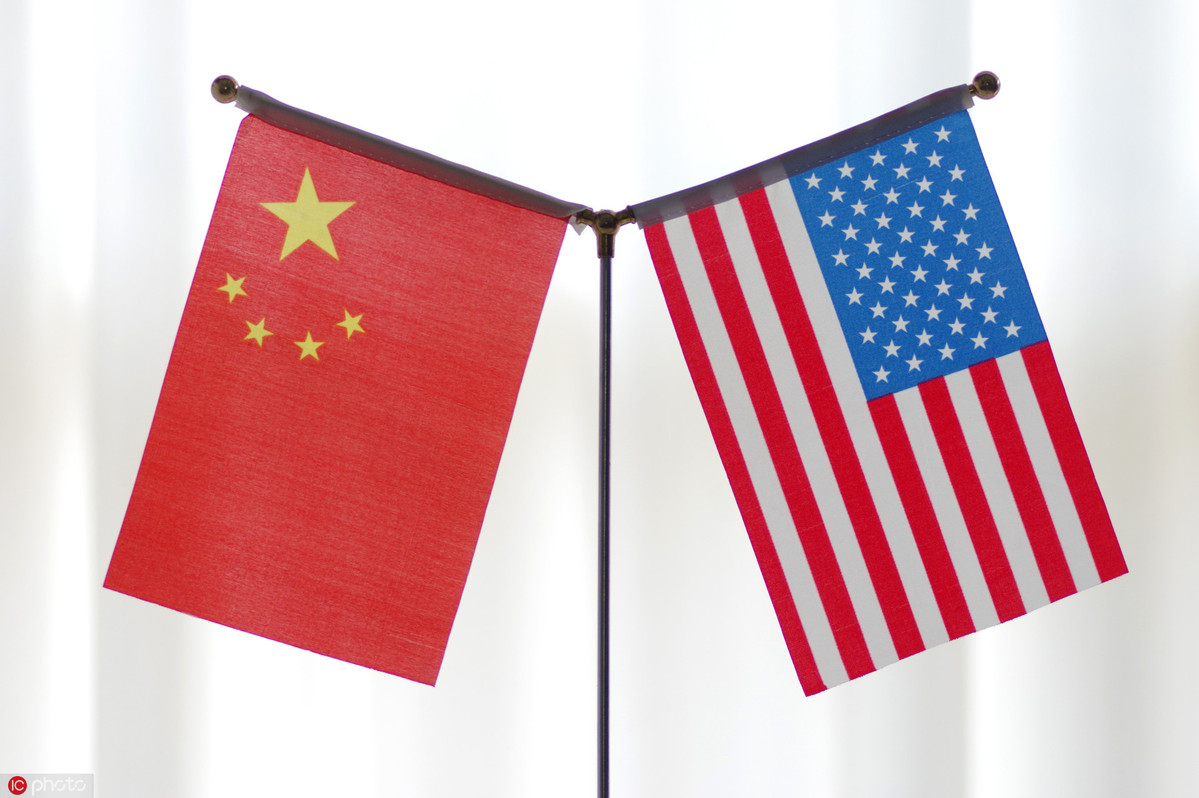Washington urged to show China respect
By YIFAN XU in Washington | China Daily Global | Updated: 2022-03-04 07:36

Issues such as sovereignty vital, expert says in highlighting common interests
A Chinese scholar has expressed the hope that the United States will pay more heed to China's concerns, especially on matters relating to territorial integrity and national sovereignty.
Wang Jisi, president of the Institute of International and Strategic Studies at Peking University, made the comments last week at an event called "A Beijinger in Washington", which was held by the Center for Strategic and International Studies, or CSIS, a think tank in Washington.
Scott Kennedy, a senior adviser and trustee chair in Chinese business and economics at the CSIS, asked Wang for his views on a document issued by the administration of US President Joe Biden on the country's strategy for the Indo-Pacific region.
According to the document, issued on Feb 11, the strategic objective of the US "is not to change the PRC but to shape the strategic environment in which it operates, building a balance of influence in the world that is maximally favorable to the United States, our allies and partners, and the interests and values we share."
Wang said the paper shows that the Biden administration no longer expects there will be a change in China's domestic structure. He said the "rules-based international order" is interpreted differently by the US and China, and the differing interpretations have led to competition between them.
"We emphasize more international rules like the United Nations Charter, with respect for sovereignty and territorial integrity," he said. "Chinese are critical of the American position over the Indo-Pacific regional strategy because China's strategic interests are not taken very seriously."
With attention to the 50th anniversary of former US president Richard Nixon's visit to China and the signing of the Shanghai Communique, Wang gave his thoughts on the visit and on the Taiwan question.
Wang stressed that unlike the "secret diplomacy" around the visit, modern technology, especially telecommunications, has made today a different situation to improve US-China relations.
"Very much today we are influenced by domestic factors in the US-China relations, a variety of interest groups, multiple dimensions are involved, and the situation is very complicated," he said. "So, when you think about the old days, we could be somewhat nostalgic. But there is no way for us to go back to the old days."
On Taiwan, Wang said: "We are still in favor of peaceful unification with Taiwan. War is the last solution," he said. "But before an all-out war and peaceful settlement, there are a lot of things we can do."
Wang said he could "recite word by word" what was said at the time in the Shanghai Communique. As he recalls, "The United States acknowledges the Chinese position that all Chinese across the Taiwan Straits think there is only one China, and Taiwan is part of China; the United States does not challenge that position."
Essence unchanged
Wang disagrees with suggestions that the essence of that has changed dramatically, but concedes "there are some changes". Some people in the United States favor more contact with Taiwan, some even think that the US should recognize the so-called independence of Taiwan, he said, and "that would be dangerous".
At the event, Wang touched on the issue of whether China and the US can build trust in each other.
"Mutual distrust is there, and this is a new reality not only between China and the United States but also in international relations at large," he said.
At the event, Wang and Kennedy said the past two years have presented an opportunity for US and Chinese scholars to exchange their views, against the backdrop of the pandemic and the deterioration in relations between the two countries.
"I hope our exchange program marks the beginning of the restoration of academic exchanges between the two sides," said Wang, and he hopes that the prospect of more visits will mark stabilization or improvement in US-China relations.
"I wholeheartedly agree, whether we're competing or cooperating, we've got to understand each other," Kennedy said in response.
























